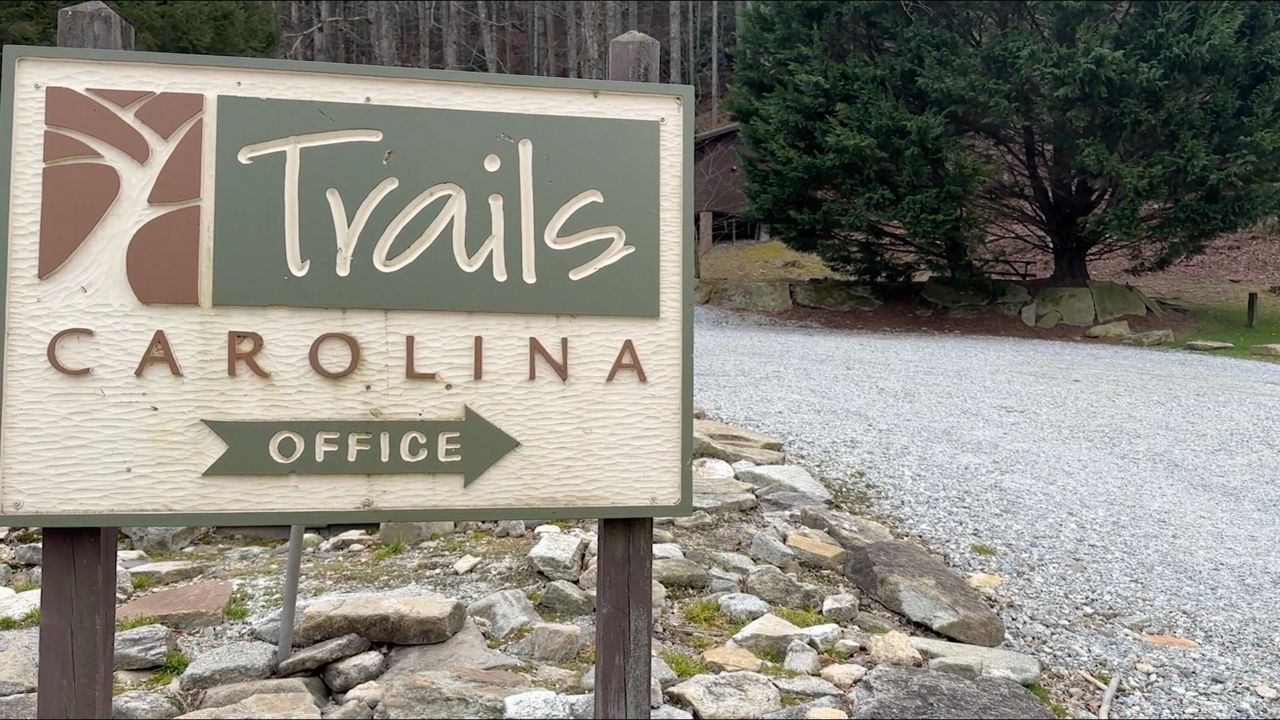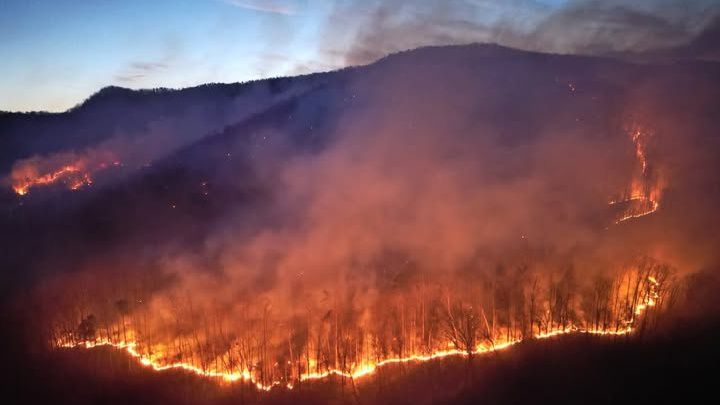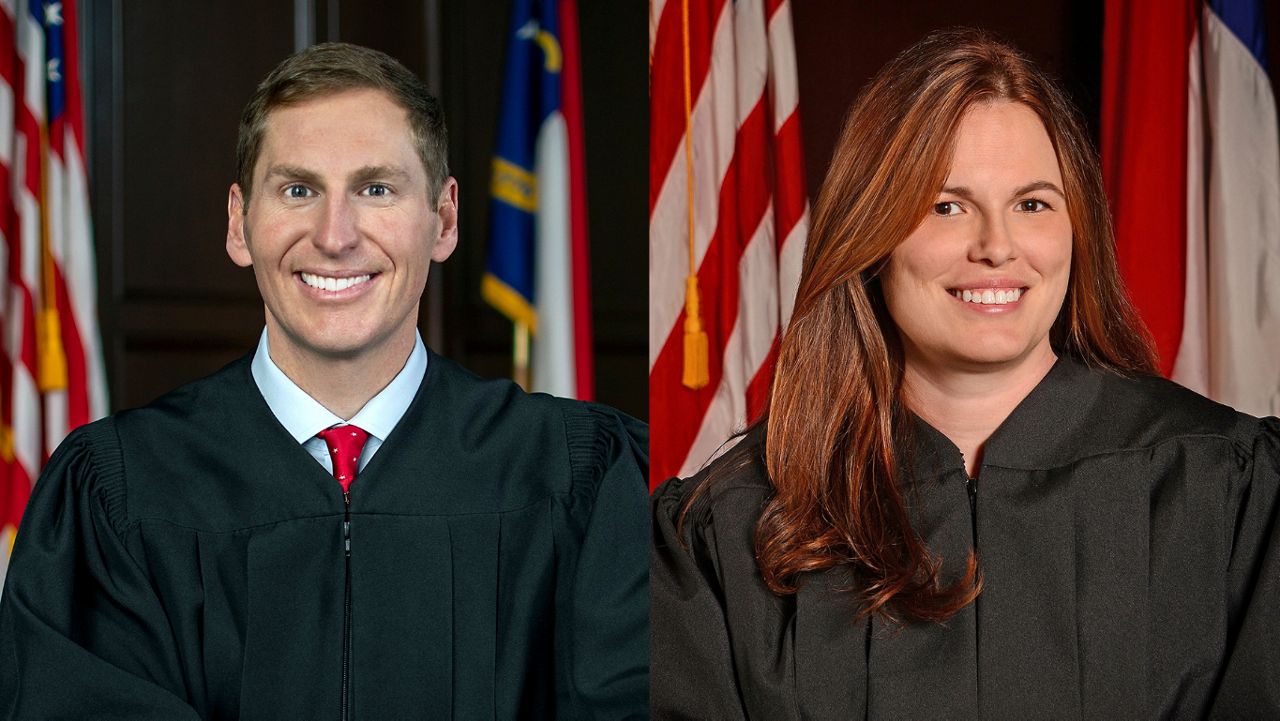RALEIGH, N.C. — People from across the state have questions about the ethics and effectiveness of behavioral therapy camps following the temporary closure of Trails Carolina, a wilderness therapy camp, last week.
Therapists say wilderness camps can be an effective therapy method for some kids, but it’s important to do research before choosing one. The camp should be transparent about its methods and work with families to find the most effective solutions.
For the past six years, Maddie Spear has been working with kids, teens and young adults in trauma care therapy. She is a master of social work and a North Carolina-licensed clinical social worker who started Flourish Wellness. She says kids can feel alone and isolated when growing up, and her line of therapy work is often essential for mental health.
“Teens and kids go through so much on a day-to-day basis,” Spear said. “And it's really important that they have guidance and help and assistance when times get really tough and hard.”
While outpatient therapy like Spear’s is an important first step, some teens who continue to struggle need more. One option is wilderness therapy.
“Although therapy is typically an immersive experience where kids can get therapeutic support from camp counselors, mental health therapists and their peers at the same time,” Spear said. “It is really holistic, or it should be a holistic, and immersive experience.”
She says reports she’s heard about incidents at Trails Carolina wilderness camp raise concerns.
“As a trauma therapist myself, when I hear things like there may or may not have been restraints or isolation or kids not being told they're going to this camp and then showing up, that raises all my red flags,” Spear said. “That is not trauma-informed care.”
She says effective therapy doesn’t force kids into a prison-like setting.

“Trauma-informed care is partnering with both mental health professionals, your teens and the camp to provide transparency and a better understanding of what kind of treatment they're going to get,” Spear said.
Spear used to work at a center that often partnered with these sorts of camps, but she says the ones she worked with were transparent and had a good relationship with therapists who recommend the camps.
When considering wilderness therapy, she says families should look for camps with proper accreditation and evidence-based treatments. She also recommends staying away from camps with previous legal or ethical issues.
“First off, you are not alone,” Spear said. “There are resources and support out there for you. At the same time, some of these camps are great. I don't want this to be anti-wilderness camp propaganda or whatever. But more of something to say, be mindful, be cautious. Your teen’s an incredible person. You want to be able to provide them the best care.”
The Transylvania County Sheriff’s Office, county Department of Social Services and the N.C. Department of Health and Human Services are still investigating Trails Carolina. The investigation comes after a boy died at the camp earlier this month. No kids are allowed at the camp until April 14 according to an order from DHHS.









